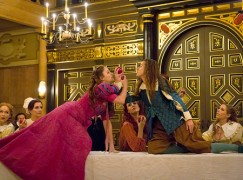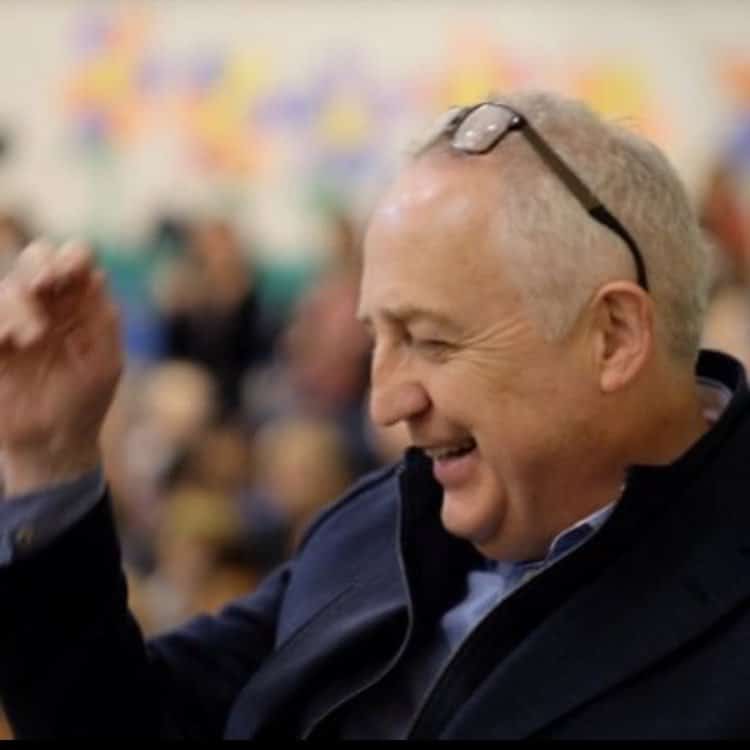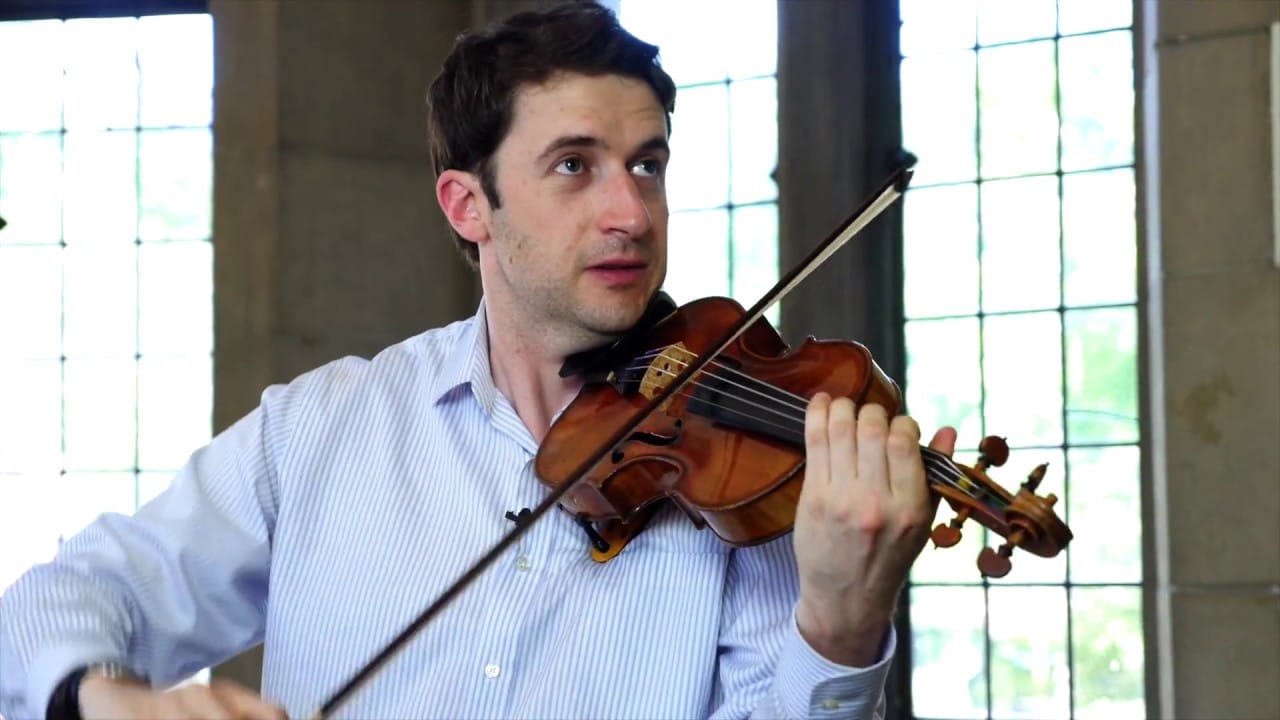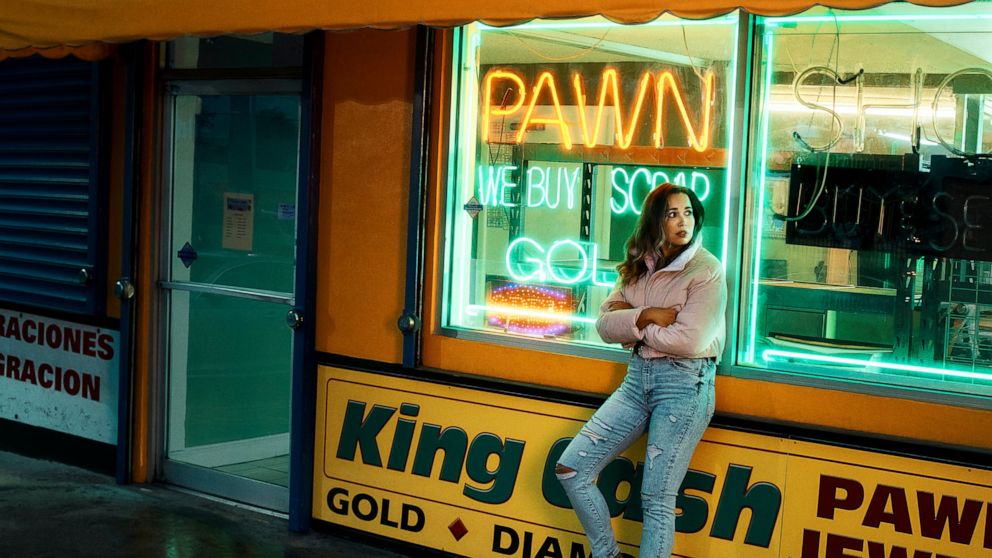Opera is stopped by spectator’s heart attack
mainThe opening night of Orfeo and Euridice at Opera Theatre of St. Louis was called off just before the second act when a member of the audience suffered a heart attack as patrons returned from the interval.
The victim received medical attention from a doctor in the audience and a team of paramedics. He died later in hospital.






Comments